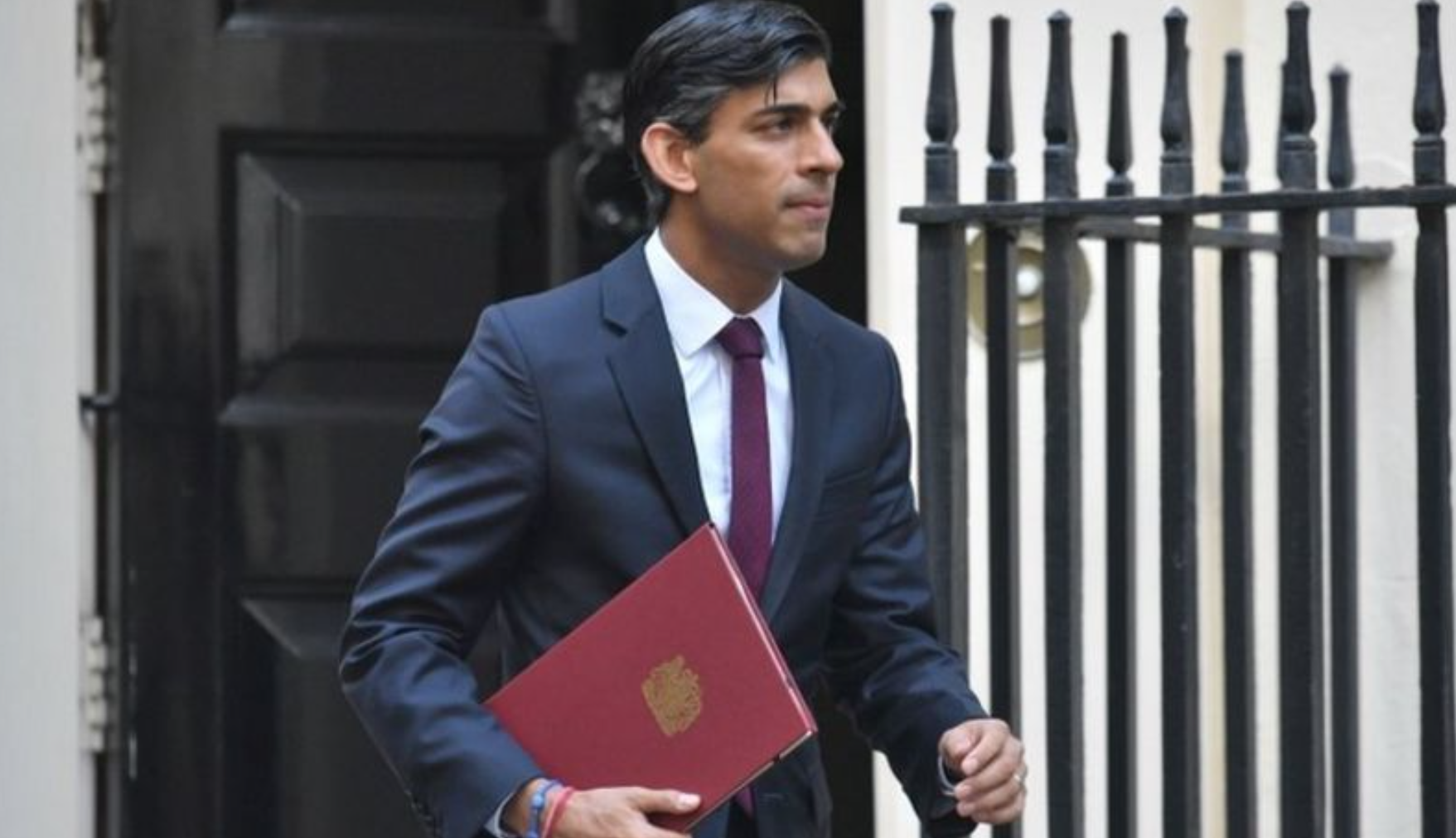
Job Support Scheme to replace furlough in November

Chancellor Rishi Sunak announces a new six-month Job support scheme to replace furlough, help for self-employed and business loans which begins in November, will see the government pay part of workers’ wages who have lost hours because of the coronavirus pandemic. The worker must do at least one-third of normal hours, and the government will pay one-third of the lost hours.
VAT cut to 50 per cent for the hospitality and tourism sector will be extended until 31 March.
Firms that took government loans during the crisis will have longer to pay them back.
And companies that deferred their VAT bill will no longer have to pay a lump sum in March.
Firms that took government loans during the crisis will have long to pay them back.
Sunak’s Job Support Scheme is being compared to similar programs in France and Germany.
In his statement, Chancellor Rishi Sunak said: “While our output remains well below where it was in February, we have seen three consecutive months of growth.”
The Job Support Scheme is as follows, the overall percentage of a person’s salary that the government can end up paying for someone who works a third of their standard hours, the government’s contribution would be two-ninths or approximately 22 per cent compared with 80 per cent at the beginning of the furlough. The employer would pay the first third, like normal, and another two-ninths on top. The employee would get nearly 78 per cent of their salary. The 22 per cent government contribution is a maximum. For someone working 50 per cent of hours, the government contribution is 17 per cent which is a sliding scale.
Employees working at least a third of their normal hours, who are being paid for that as normal, the government and employers will jointly increase their wages to cover two-thirds of their lost pay and the employee will keep their job. All small and medium-sized businesses are eligible but larger businesses must show their turnover has fallen during the crisis. Employers can use it even if they have not previously used the furlough scheme it replaces.
In short, an employee working 33 per cent of their normal hours would receive 77 per cent of their pay.
More importantly, workers on the Job Support Scheme can’t face redundancy and there will be restrictions on capital distributions to shareholders.
The Chancellor also said, “ There will be restrictions on larger companies, in terms of capital distributions to shareholders while they are in receipt of money for their workers on this scheme.”
The scheme for self-employed people will also be less generous than previously. It will now worth 20 per cent of earnings compared to 80 per cent at the beginning.
Unions, however, have accused Chancellor Rishi Sunak of using plaster to cover a “gaping wound” while jobs have already been lost and Mark Serwotka, general secretary of the Public and Commerical Services union, said the furlough scheme should have been extended beyond next month, “The chancellor’s measures are akin to using plaster to cover a gaping wound. Our members in the commercial sector, aviation, and culture are already being threatened with hundreds of redundancies, as employers seek to capitalise on the economic fallout from COVID-19”.
As companies are cutting hundreds of thousands of jobs as COVID-19 continues to hit the economy, the unemployment rate is rising even as people return to their workplace following the easing of restrictions, the most recent unemployment rate according to the Office of National Statistics (ONS) for May to July is 4.1 per cent. That’s a slight increase from the previous figure of 3.9 per cent still close to the lowest it has ever seen. Between March, when the lockdown began, and August, the number of people claiming these benefits rose 120 per cent to 2.7 million. The biggest rise in unemployment has been among young people up 76, 000 for 16-24-year-olds compared to last year.
